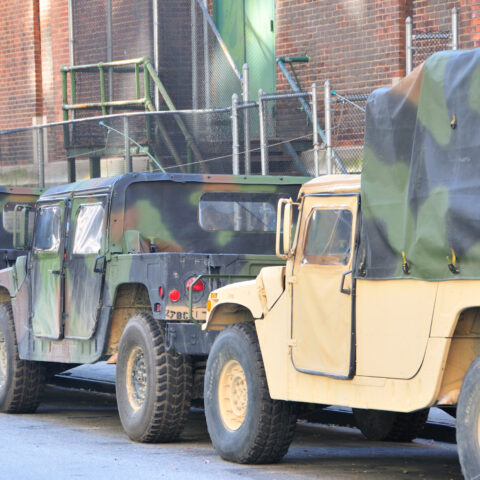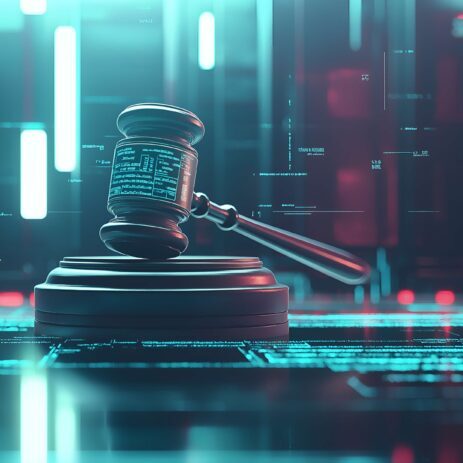WASHINGTON, D.C. – As the Task Force finalized its first assessments of policing reforms intended to reduce use of force and increase accountability, armed civilians invaded our nation’s Capitol in a violent insurrection broadcast live in millions of American living rooms. The scenes were disturbing: police lines breached, officers attacked, a Confederate flag paraded through ornate hallways, and members of Congress – assembled to certify Joe Biden’s election as President through a count of Electoral College votes – forced to flee and hide. On top of such unsettling visuals, law enforcement’s lack of preparation for and handling of what became a deadly riot inflicted new wounds in the long-fought struggle over racial bias in policing.
Our understanding of the extraordinary January 6 events remains incomplete, and investigators are working diligently to examine the episode and the dynamics that enabled the mob’s intrusion. This Task Force was not convened to dissect the intricacies of protest management, government building security, intelligence gathering, or other factors relevant to that inquiry. But key elements of the haunting episode, and its handling by authorities, relate directly to the work of reforming everyday policing in our communities. The siege at the Capitol has made that mission even more urgent than it already was amid a national reckoning with racial justice and the ongoing effects of the COVID-19 pandemic on law enforcement agencies, individual officers, and the people they are sworn to protect.
As part of its work this year, the Task Force will turn its spotlight on recruitment, training, and other practices critical to building a police department culture that is anchored in shared values of equity, respect, procedural justice, and accountability. For now, we offer a set of eight foundational principles to guide police departments and communities as they work together to prevent excessive use of force, reduce racial biases, enhance transparency, strengthen mutual trust, and promote officer and public safety.
January’s sobering events make these principles – adopted by consensus – more imperative than ever.




